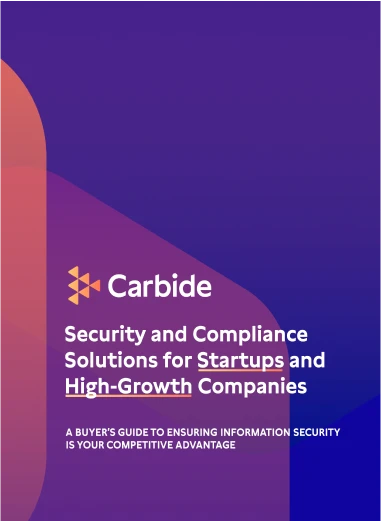This is a guest post from SSLTrust, a provider of highly trusted SSL Certificates from leading Certificate Authorities.
Ensuring that your business website is properly protected with SSL encryption is essential if you want to gain the trust of visitors and prevent breaches occurring.
Of course, using SSL encryption is not just about preventing the reputation of your brand from being tarnished, but also about ensuring compliance with data protection regulations that are enforced in different regions.
Just as you would take steps to adopt a secure approach to business email, harnessing SSL can help you steer clear of costly legal ramifications. Here is a look at the precise problems that this type of encryption can help you overcome.
GDPR & CCPA Compliance
The General Data Protection Regulation rolled out across EU member states in 2018 with the intention of creating a unified approach to data privacy. It is a wide-ranging regulation which has already been used to impose multi-million Euro fines against major firms including Google.
The most important thing to note about the GDPR is that even though it is EU-specific, it applies to any organization which intends to harvest information from citizens of the union, no matter where it is based.
Where SSL encryption comes into play in this context is with regards to the data protection principles laid down in the GDPR. Specifically, data must be processed in a way that provides a suitable level of protection and privacy.
By acquiring an SSL certificate on SSLTrust or a similar provider, you will be less likely to fall foul of this aspect of the GDPR, which is specifically outlined in article 5.
This regulation not only covers the processing of private data against unauthorized use, but also against loss, damage, and destruction. Such broad terms encompass a variety of potential threats, so of course, you need to make sure that your organization not only offers reliable web-based encryption but also takes additional precautions such as using penetration testing to assess the effectiveness of the security solutions that you are using.
Given that the maximum fine a firm can face for breaching the GDPR is €20 million or 4% of global turnover, the cost of procuring SSL certificates to encrypt your website and online services is easy to justify.
Like the GDPR, the California Consumer Privacy Act (CCPA) was signed into law in 2018 and has similar implications for organizations with regards to collecting, storing, and processing private data. It is worth noting that compliance is required only of businesses which generate at least $25 million in revenues annually or engage in the buying and selling of private data relating to 50,000 or more citizens.
Included in the CCPA is the requirement that security procedures are implemented and maintained to stop data from being vulnerable to exploitation, with damages payable in the event that these standards are not met. Using SSL encryption on a business website is therefore similarly sensible for businesses that target Californian customers.
As encryption has become a requirement for security and privacy, this has also pushed tech giants and browsers to flag websites that do not have SSL encryption and warn visitors the websites may be unsafe.
HIPAA Implications
The Health Insurance Portability and Accountability Act (HIPAA) applies across the US and within it is the all-important Security Rule which is relevant from a data privacy and protection standpoint.
In particular the need to ensure that health information which is stored electronically is shielded from improper use, theft, and destruction, with the requirement that systems operating over open networks make use of encryption also included. This obviously applies in the case of a healthcare organization providing a website via which service users can submit data, hence the importance of SSL encryption cropping up once again.
There are of course a huge number of other legal implications associated with the HIPPA, as well as the GDPR and CCPA, so it pays to adhere to these regulations entirely. In the case of violating the HIPPA, fines top out at $50,000 for each violation, or a yearly maximum of $1.5 million if a per-record fine is deemed necessary by investigators.
Additional Talking Points about SSL Encryption
To be fully compliant with the aforementioned regulations, you may also want to consult with a Carbide expert to determine other types of encryption (such as end-to-end encryption or device encryption) you would need to satisfy your compliance requirements. While the regulations covered above are legally enforceable by government bodies, there are also other controls which are worth considering in light of the benefits of SSL encryption (though they do not carry the same legal obligations yet are nevertheless significant).
For example, SOC 2 certification as provided by the American Institute of Certified Public Accountants includes encryption amongst the confidentially portion of its five central trust service principles. This sits alongside access controls and firewalls used to protect networks and applications from attack.
Likewise, the ISO27K standards from the International Organization for Standardization carries similar recommendations and implications for those firms that want to comply.
In short, it is vital for organizations to meet the high standards for data security set by governments and industry bodies if they want to operate successfully, avoid legal action and protect customers, with SSL encryption being just one aspect of contemporary security technology that makes this achievable.

